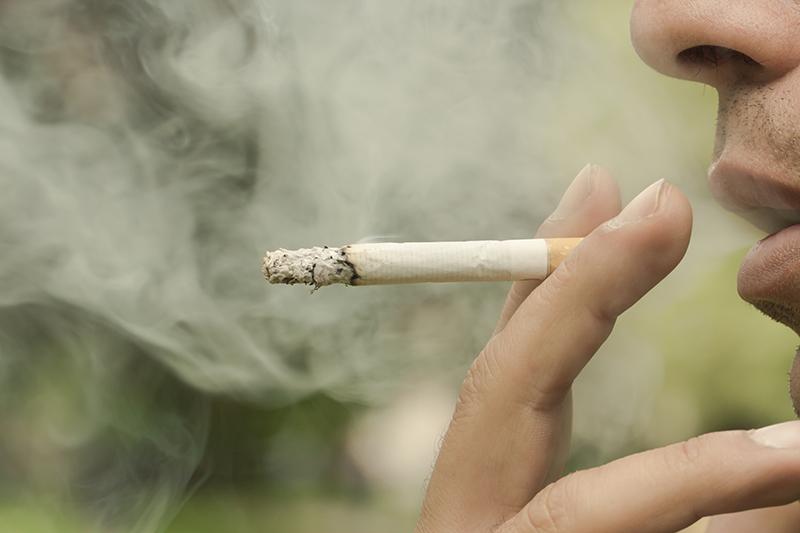Smoking ups mortality, bladder cancer recurrence after radical cystectomy





Tobacco smoking exposure appears to result in lower neoadjuvant chemotherapy response rates as well as higher overall and cancer-specific mortality, according to a systematic review and meta-analysis. Smoking status is also associated with bladder cancer recurrence after radical cystectomy.
“Appropriate preoperative counseling, together with tightened follow-up, may have a pivotal role in improving the smoking-related long-term survival outcomes in patients with bladder cancer,” the investigators said.
The databases of PubMed, Medline, Embase, and Cochrane Library were systematically searched for original articles published before April 2019. Observational studies reporting Cox proportional hazards or logistic regression analysis were screened separately.
The quantitative analysis included available multivariable hazard ratios (HRs) and corresponding 95 percent confidence intervals (CIs), and sensitivity analyses were carried out as appropriate. For nonrandomized studies, the investigators performed a risk of bias assessment.
The electronic search yielded a total of 649 studies. After a detailed review, 17 studies addressing the impact of smoking status on survival outcomes in 13,777 patients after radical cystectomy for bladder cancer were selected. [J Urol 2020;204:649-660]
In pooled meta-analysis, active smokers were found to have a higher risk of overall mortality (HR, 1.21, 95 percent CI, 1.08–1.36; p=0.001; I2, 0 percent), cancer-specific mortality (HR, 1.24, 95 percent CI, 1.13–1.36; p<0.00001, I2, 0 percent), and bladder cancer recurrence (HR, 1.24, 95 percent CI, 1.12–1.38; p<0.0001; I2, 3 percent).
In sensitivity analyses that examined patients who underwent neoadjuvant chemotherapy followed by radical cystectomy, nonsmokers and never smokers appeared to have an advantage in terms of neoadjuvant chemotherapy complete response rates (HR, 0.47, 95 percent CI, 0.29–0.75; p=0.001; I2, 0 percent).
“The harmful effects of smoking on general health are well documented, with data supporting worse oncologic outcomes as well,” the investigators said. “The effect of smoking-related products, specifically nicotine, on suppressing the immune system has been established.” [Eur Urol 2012;62:1204-1206]
Prolonged smoking has also been found to downregulate the immune response to bladder cancer. In addition, smoking intensity has been associated with molecular alterations, which results in lower survival in cancer patients. [Nat Rev Immunol 2002;2:372-377; Environ Health Perspect 2011;doi:10.1289/ehp.1103639]
“Our results have important implications,” the investigators noted. “From an academic perspective, the strong statistical association between smoking and survival observed in our study strengthens evidence to include smoking as a covariate in future trials and prospective studies. Failure to account for smoking status may influence any associations found in long-term outcomes analyses.
“On the other end of the spectrum the role of urologists, oncologists and general practitioners in educating and encouraging our patients to quit smoking is of crucial importance not only to prevent bladder cancer, but also to potentially improve neoadjuvant chemotherapy response and consequently survival benefit after radical cystectomy.” [Cent European J Urol 2016;69:366-369]